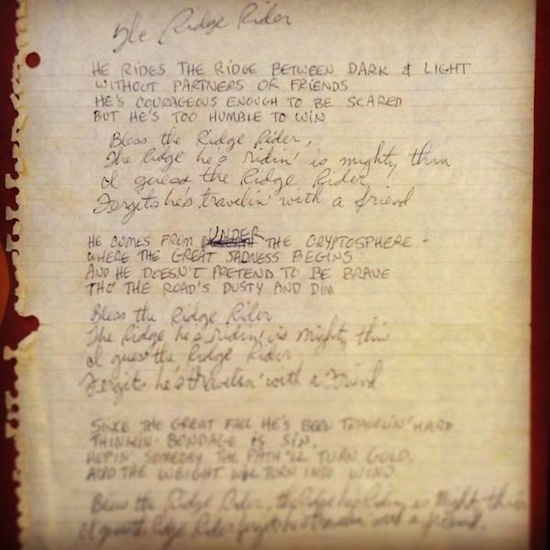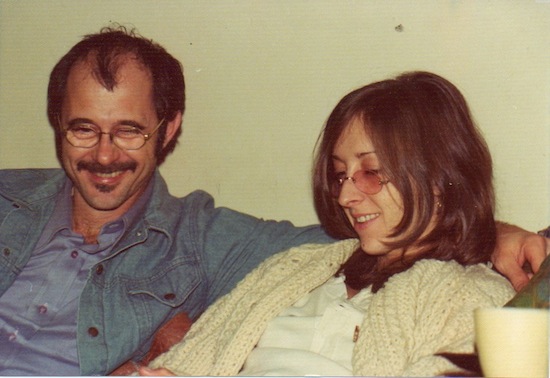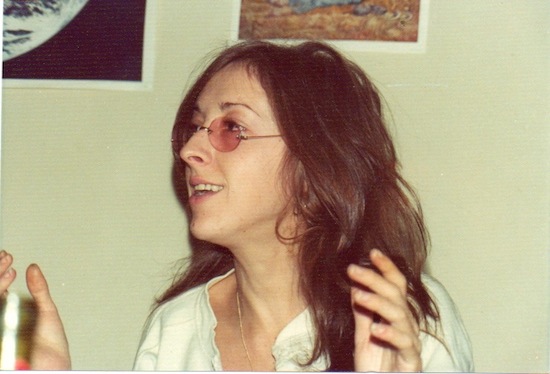Earlier today, Radio 4 broadcast Ruth Barnes’ new documentary on Judee Sill, the Californian singer-songwriter who released two albums, Judee Sill and Heart Food, in the early 70s before passing away at just 35 in 1979. Recently, Grumbling Fur’s Daniel O’Sullivan picked Heart Food as one of his Baker’s Dozen, describing it as a "goldmine of gorgeosity" and adding: "If Karen Carpenter swallowed the red letter edition Bible, a few volumes of William Blake, J.S. Bach’s powdered wig and an obscene amount of microdots you might arrive at something close to a dream of this dreamy record." You can listen back to the documentary here, and, ahead of it being broadcast again at 3.30 pm this Saturday, September 13, Barnes tells us about its background and her personal history with Sill
I discovered Judee Sill in Rough Trade records in 2006. Rhino Records had re-released her only two albums from David Geffen’s Asylum Records and packaged them up with some liner notes that blew my mind. This artist had been a teenage delinquent holding up liquor stores, a heroin addict and prostitute and had died at the age of 35 forgotten by the music industry. The two albums are extraordinary – how could there be so little information out there about her life and so few people talking about her?
‘Jesus Was A Crossmaker’, from her self-titled debut, was written for Nashville heart-throb JD Souther, who broke her heart after a short passionate affair. He’s quoted in the one definitive newspaper article I could find (in The Observer) as saying: ‘She was light years ahead of most of us. I thought Jackson Browne was the furthest along at having learnt songwriting, but then I met Judee and thought, "Fuck, man, she’s school for all of us".’ We got him on the line from a studio in Nashville and got him to tell me the story of when she first played him the song, at 7 am after an all-nighter – she practically spat at him, "This is for you."

I also read that XTC’s Andy Partridge was a massive fan in an old Uncut article: ‘…people would assume The Beach Boys’ albums were a big influence on XTC, but I hadn’t heard a Beach Boys album until 1986, only singles. The mood and sound on our later albums comes from hearing Judee Sill, the layered vocals and beautiful arrangements.’ I went to his house in Swindon for an emotional afternoon talking about her influence on his work.
We had an old musician friend Tommy Peltier on the line from California who provided the darker details of the end of her life, and also these photographs of them hanging out together. He also sent over the lyrics to ‘Ridge Rider’, above – the song that almost all of the men we interviewed said had been written "especially for them" – another glimpse into the character of this outspoken, troubled artist. It’s been an incredible journey unpicking her story, separating the truth from the myth – and also just being able to play half an hour of Judee Sill records on Radio 4, it doesn’t get better than that!

Ruth Barnes presents The Other Woman show on Amazing Radio and runs The Other Woman blog


